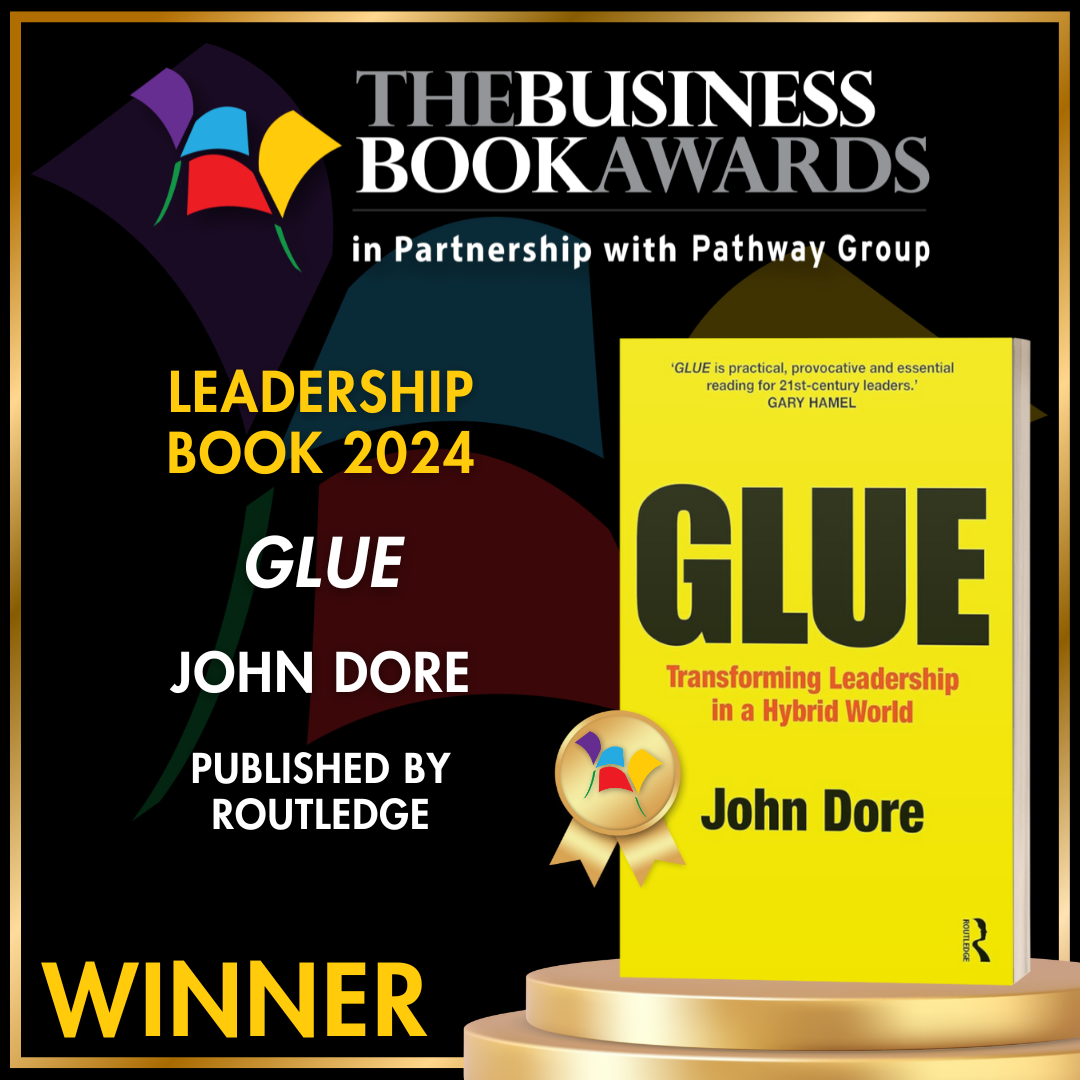Cal Newport
/Cal, describes himself this way:
I’m a computer science professor at Georgetown University. In addition to my academic research, I write about the intersection of digital technology and culture. I’m particularly interested in our struggle to deploy these tools in ways that support instead of subvert the things we care about in both our personal and professional lives. I’m a New York Times bestselling author of seven books, including, most recently, A World Without Email, Digital Minimalism, andDeep Work. I’m also the creator of The Time-Block Planner.
My books have been published in over 35 languages and has been featured in many major publications, including the New York Times, Wall Street Journal, New Yorker, Washington Post, and Economist. I regularly write articles on these topics for a variety of outlets, including the New Yorker, the New York Times, and on my long-running blog Study Hacks.
MY IDEAS
For those who are new to my work, I’ve created a short summary of the main ideas I’ve developed and explored in my writing over the years. Here are some of the main ideas I’m developing…
The Deep Work Hypothesis: The ability to concentrate without distraction on a demanding task (what I call “deep work”) is becoming more rare at the same time that it’s becoming more valuable in the knowledge sector. As a result, those individuals and organizations who put in the hard work to cultivate this skill will thrive. (I wrote a book about this.)
Digital Minimalism: The services delivered through your devices have become so alluring and addictive that they can significantly erode the quality of your life and your sense of autonomy. My solution is a philosophy I call digital minimalism, which argues that you should radically reduce the time you spend online, focusing on a small number of activities chosen because they support things you deeply value, and then happily miss out on everything else. (I wrote a book about this.)
Attention Capital Theory: In modern knowledge work, the primary capital resource is human brains; or, more specifically, these brains’ ability to create new value through sustained attention. At the moment, most individuals and organizations are terrible at optimizing this resource, prioritizing instead the convenience and flexibility of persistent, unstructured messaging (e.g., email and IM). I predict that as this sector evolves, we’ll get better at optimizing attention capital, and accordingly leave behind our current culture of communication overload. (I wrote a book about this.)
MY BOOKS (abridged from Cal’s website)
In 2016, I published Deep Work, which argued that our ability to focus without distraction is becoming increasing rare (due, primarily, to distracting technology), at the same time that it’s becoming increasing valuable (as the knowledge economy becomes more cognitively demanding). As a result, those individuals and organizations who cultivate their ability to perform “deep work” will enjoy a major competitive advantage.
The book seems to have hit a nerve. On publication, Deep Work became an instant Wall Street Journal bestseller, and received praise in the New York Times Book Review, The Wall Street Journal, The Economist, and The Guardian. Amazon named it the best business book of January, 2016, and put it on its list of the best business books of the year.
In the summer of 2017, I signed a two-book deal with Penguin Random House to continue the exploration of technology’s impact on society that I started with Deep Work.
The first book produced from this deal is titled Digital Minimalism: Choosing a Focused Life in a Noisy World, and it explores the benefits of radically reducing the time you spend online.
The second book is titled A World Without Email, and it argues that the way we work today — in which we constantly communicate through email and IM — is deeply flawed, and is a phase that the knowledge sector will soon move beyond. It is scheduled for publication in March, 2021.
In the summer of 2020, I started a podcast called Deep Questions, which reached a million downloads in its first six months. In the fall of 2020, I also published The Time-Block Planner, a daily planner and notebook that simplifies the process of implementing the time blocking productivity system that I’ve long used and advocated for on my blog, my podcast, and in Deep Work.










